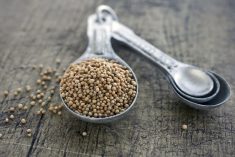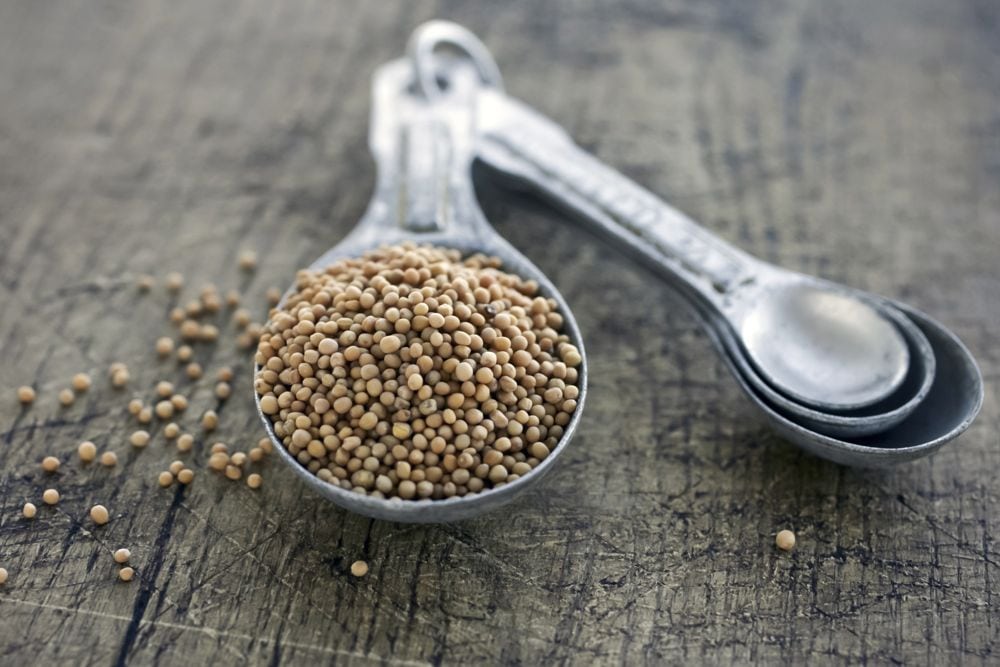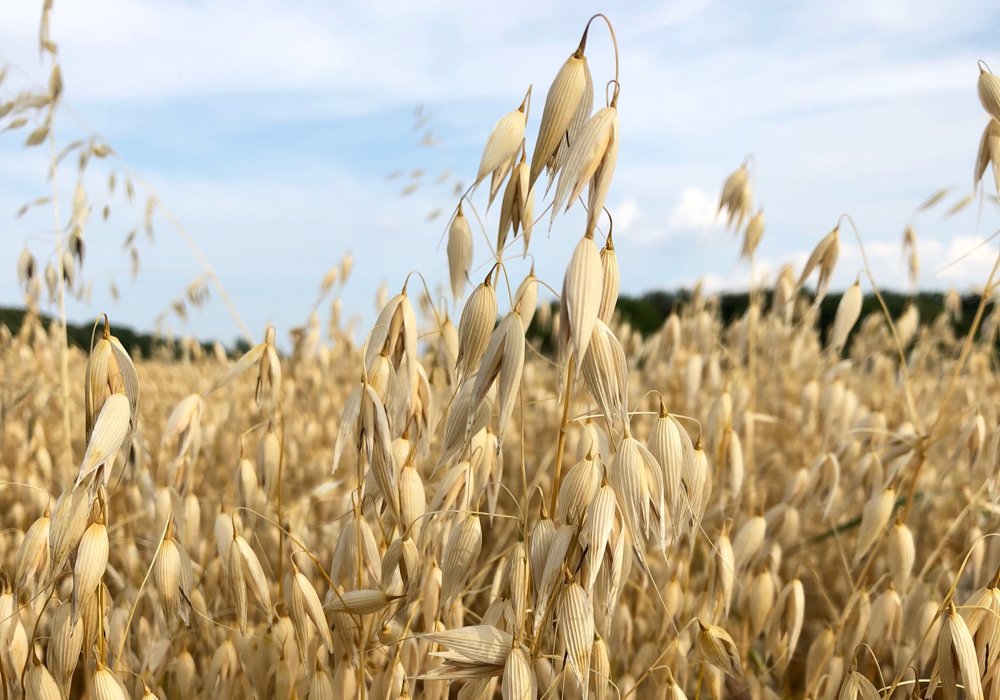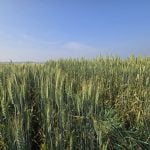CNS Canada — Producers who opted against selling mustard earlier in the season are now relishing the spot market, which is reaching fresh highs not seen since 2008 against contract prices.
Delivered elevator prices are between 45 to 46 cents per pound for yellow mustard, 31 to 33 for brown, and 34 to 36 for oriental, according to Prairie Ag Hotwire.
Those prices are the highest they’ve been against contract prices in seven years, said Walter Dyck of Olds Foods Products.
“I think the market is moving now because it anticipates a small crop,” he said. “I think that caught a lot of people by surprise.”
Read Also

U.S. grains: Soy futures set 15-month high after China agrees to purchases
U.S. soybean futures reached a 15-month high on Thursday after President Donald Trump’s administration said top-importer China agreed to buy tens of millions of tons of American crops in the next few years as part of a trade truce.
This year’s production is estimated at 109,400 tonnes, compared with 198,000 in 2014, according to Statistics Canada.
Farmers only have limited amount of land they can put into oilseeds, so this may have just been one of those years where it was tricky for producers to work mustard into their rotation, Dyck said.
There was also a shortage of certified planting seed in Canada this year.
Despite minor complications, the mustard harvest has been progressing well in Saskatchewan and Alberta.
“My perception is that the mustard harvest is well-advanced. There are some regrowth issues, but I don’t think it’s that serious,” said Kevin Hursh, executive director for the Saskatchewan Mustard Development Commission.
“I think growers have been able to manage that more one way or another.”
In Saskatchewan, where most of the crop is grown, the mustard harvest is 72 per cent finished, compared with 78 per cent the year prior.
“Alberta has been lagging behind Saskatchewan, but I think this week will be fairly significant,” Dyck said.
After this week, he estimated, the Alberta harvest will be about 80 per cent finished.
— Jade Markus writes for Commodity News Service Canada, a Winnipeg company specializing in grain and commodity market reporting. Follow her at @jade_markus on Twitter.












